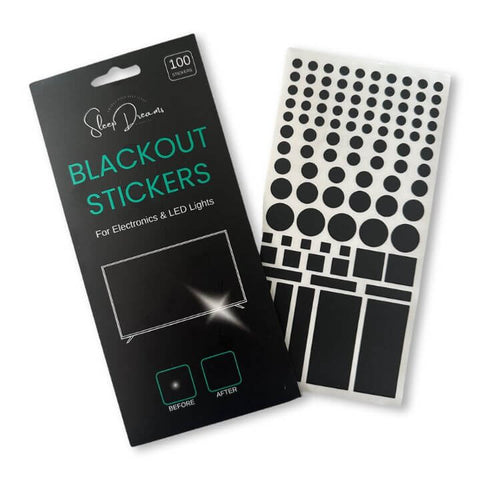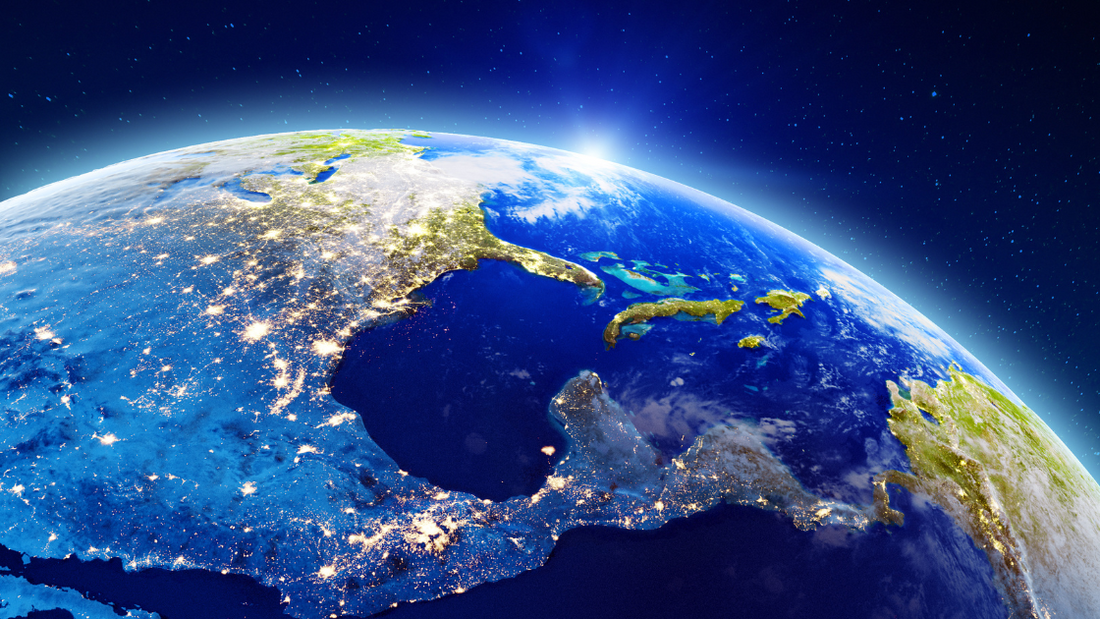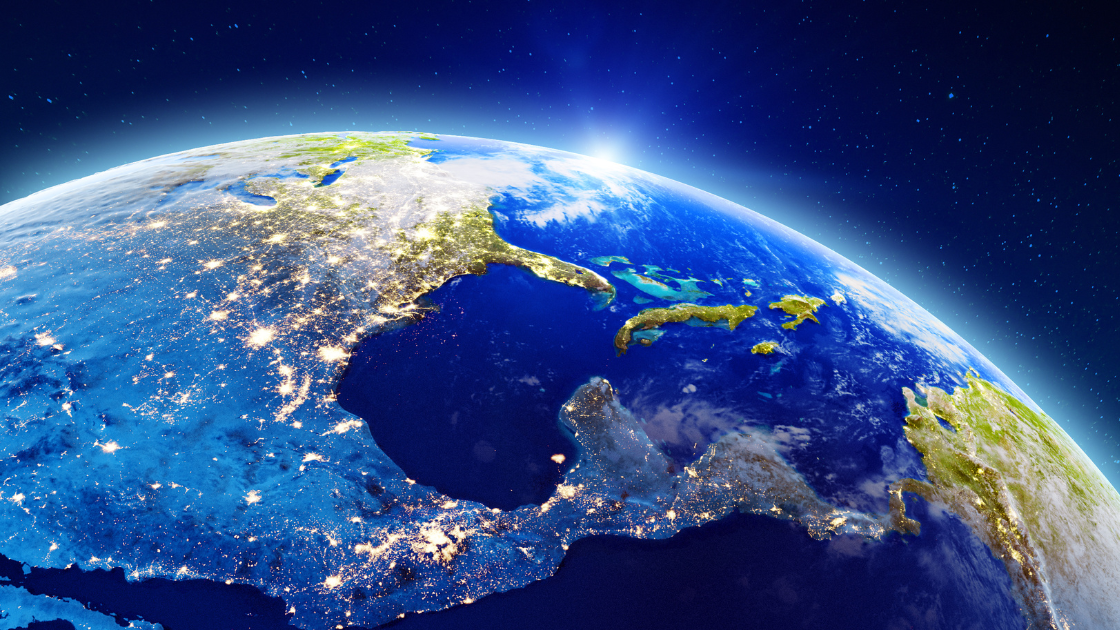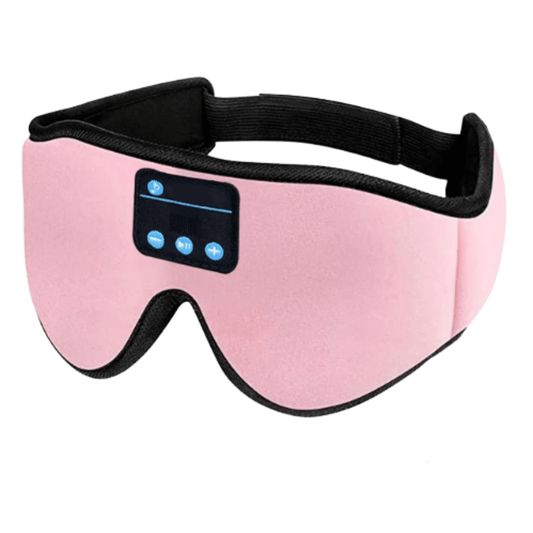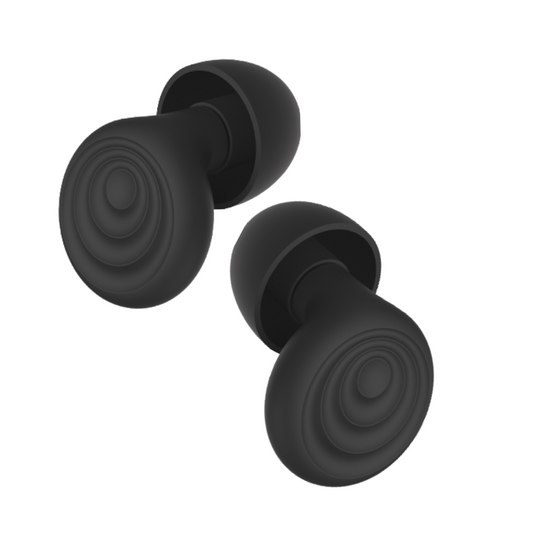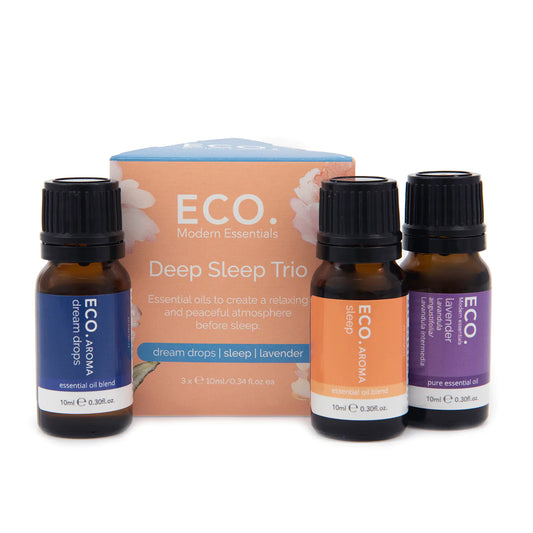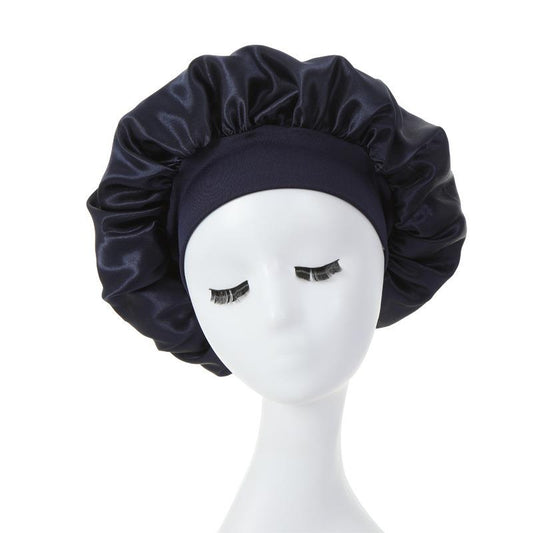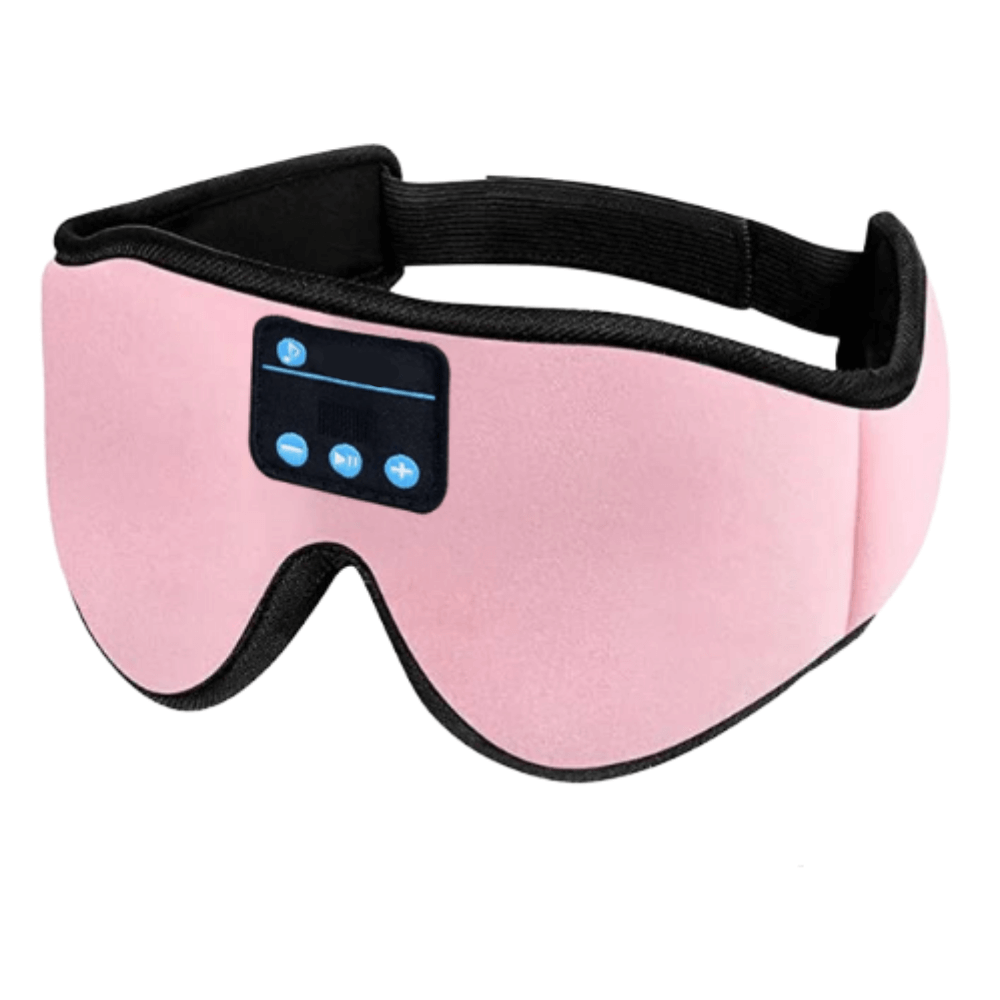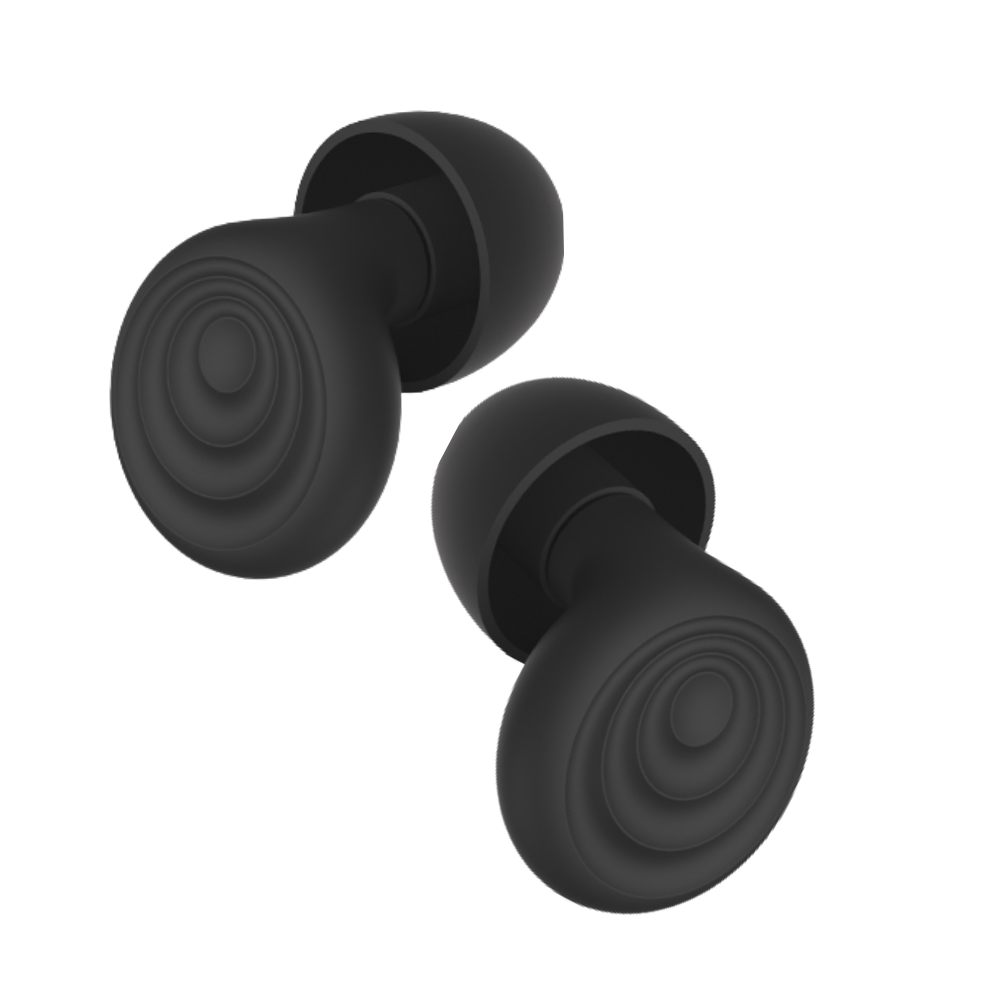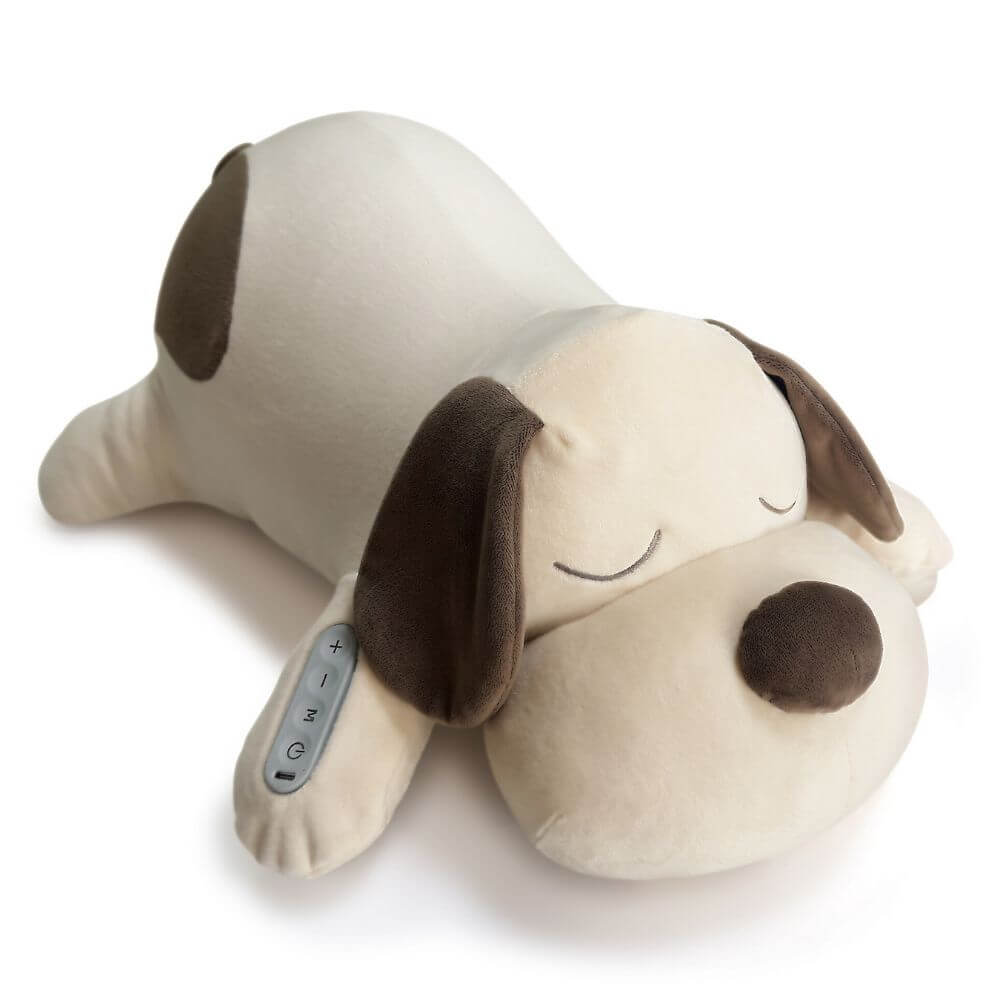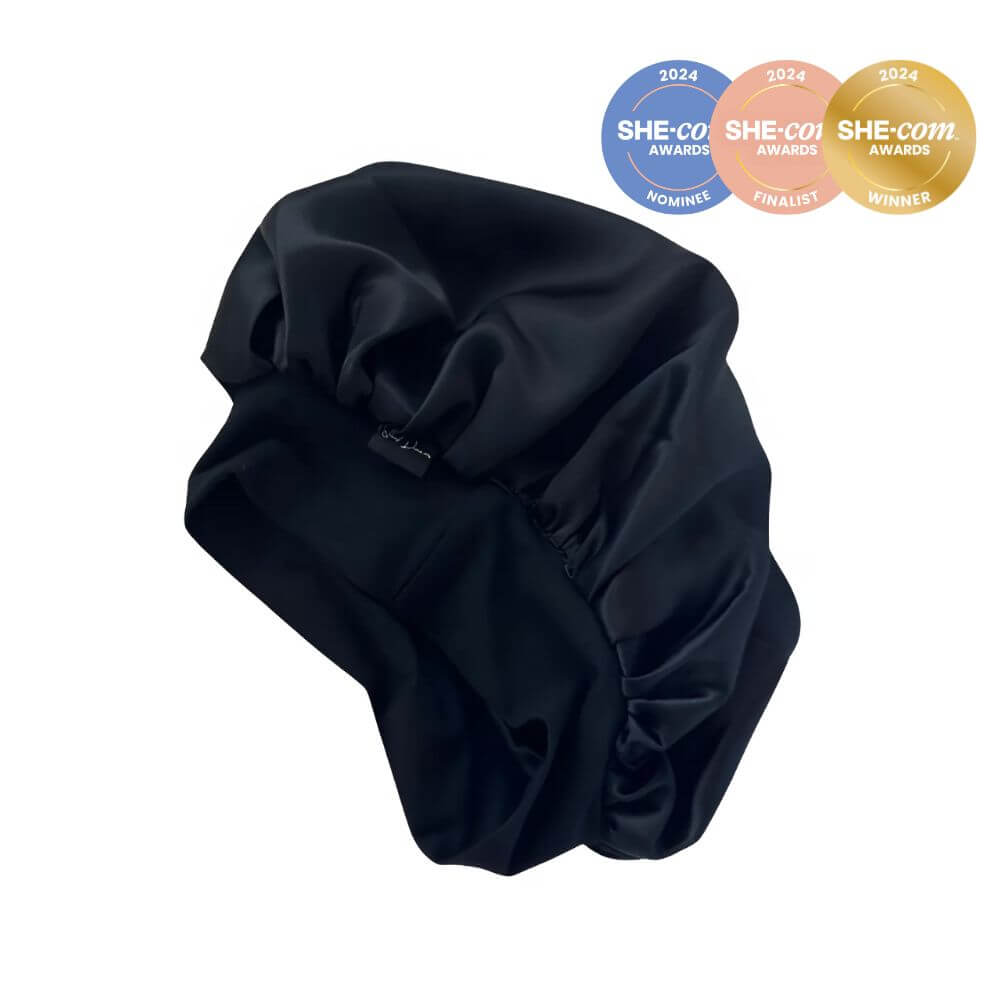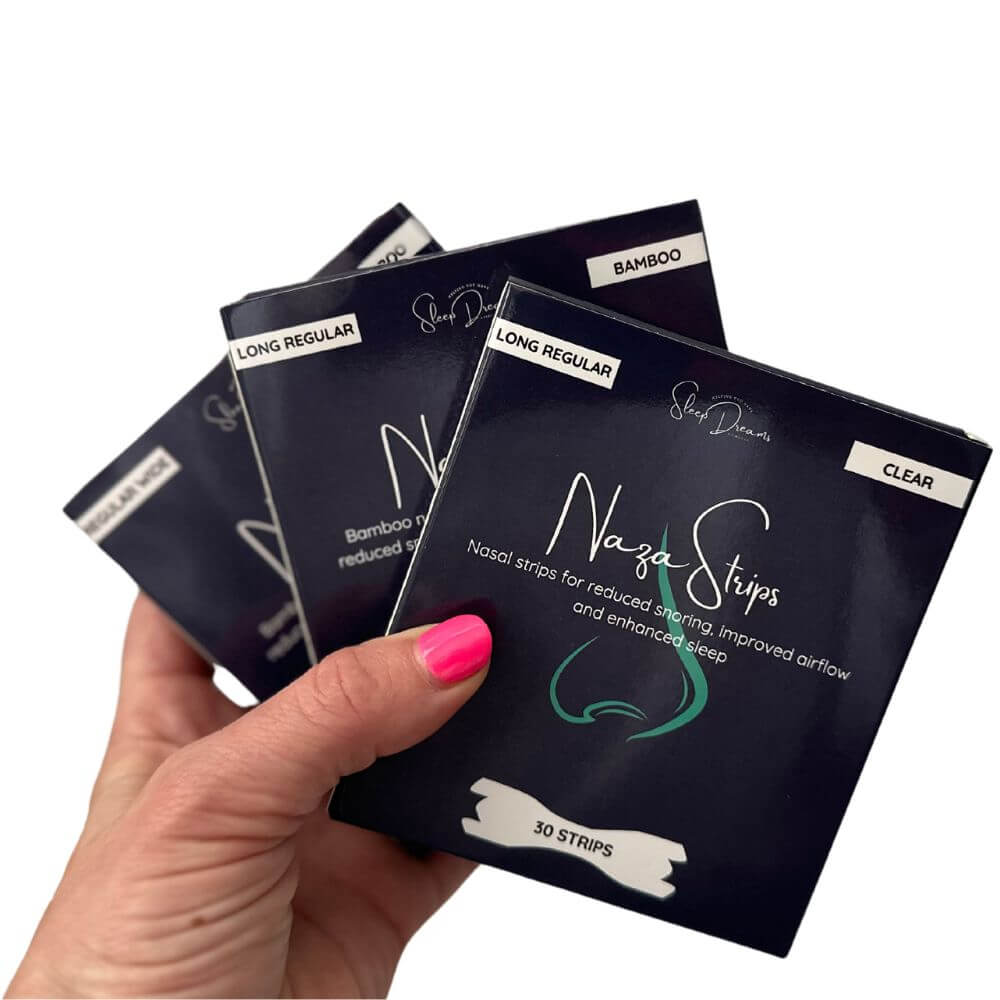Have you ever found it difficult to sleep even though you're tired and its pitch black outside? You're not alone. Did you know that light pollution could be causing our brains to confuse night and day, which in turn is leading to less restful sleep. In this post, we'll explore what the science says about how light pollution affects our sleep, and some tips on how we can make sure we don't confuse our brains at night.

How light pollution affects our sleep
The industrial revolution brought about many inventions that have made our lives easier, including the light bulb. However, it also resulted in increased light pollution, which is now a major problem in Australia. Light pollution is defined as artificial lighting that negatively affects the natural environment.
For centuries, humans have slept according to the natural light cycle of the sun; when it's dark outside, our bodies produce melatonin, a hormone that makes us sleepy. But when we're exposed to artificial light at night, it tricks our brains into thinking it's still daytime and suppresses melatonin production. This is why you may find it harder to fall asleep when you're trying to sleep in a brightly lit room.
In fact, a study published in 2016 found that increased levels of artificial light at night were associated with poorer sleep quality and quantity. So if you find yourself lying awake at night staring at the ceiling, chances are it could be because of all the artificial lights keeping your brain awake.
In addition to confusing our brains about when it's time to sleep, light pollution can also impact our circadian rhythms, or our natural body clocks. Circadian rhythms are regulated by a part of the brain called the suprachiasmatic nucleus (SCN), which responds to light changes throughout the day. Exposure to artificial light at night can disrupt the SCN's ability to regulate circadian rhythms, which can lead to insomnia and other sleep disorders
How to reduce light pollution and get better sleep
There are some simple things you can do to reduce your exposure to artificial light at night and get better sleep.
Here's what experts recommend:
-Avoid using electronic devices such as phones, laptops and tablets for at least an hour before bedtime. The blue light emitted by these devices suppresses melatonin production and makes it harder to fall asleep.
-Install blackout blinds or curtains in your bedroom to block out any external light sources.
-Invest in a pair of blue-light blocking glasses to wear in the evening if you can't avoid using electronic devices before bedtime.
-Turn off any lights in your home that aren't absolutely necessary at night. This includes lamps, TVs and anything else that emits artificial light. Using salt lamps can help to emit low light levels.
-Make sure your outdoor security lights are positioned in a way that they don't shine directly into your home or bedroom windows.
Remember, even a small amount of artificial light can interfere with your sleep so it's important to limit your exposure as much as possible. Following these tips should help you reduce your exposure to artificial light at night and might rule out another potential issue as to why you're not sleeping.



